Blockchain Immutability Fit Checker
Check Your Use Case
Select your industry and describe your problem to see if blockchain immutability would provide a solution.
Once data is written to a blockchain, it’s locked in. Not because of strong locks or secret codes, but because of how the system is built-every block links to the one before it through complex math. Change one piece? You’d have to rewrite every single block after it, across thousands of computers, all at once. That’s not just hard. It’s practically impossible. This is blockchain immutability, and it’s not a feature. It’s the foundation.
Healthcare Records That Can’t Be Faked
In hospitals, patient records are often stuck in silos. One system has your blood pressure from last month. Another has your MRI results. A third has your prescriptions. And none of them talk to each other. Worse, someone can quietly alter a record-change a dosage, delete an allergy-and no one notices until it’s too late. Blockchain fixes that. Every time a doctor updates your record, it’s added as a new block. The old version stays. The new one links to it. No one can delete or edit the past. If someone tries to swap out your allergy info, the system flags it instantly. Systems like MedRec and Chronicled are already doing this. Hospitals using blockchain see fewer errors, faster audits, and patients who actually trust their data is safe. And it’s not just about records. Think about drugs. One in ten pills sold worldwide are fake. They don’t work. Sometimes they kill. Blockchain tracks every pill from factory to pharmacy. Each step-manufacturing, shipping, storage-is recorded. If a batch shows up in a clinic with mismatched data? It’s blocked before it reaches you.Supply Chains That Don’t Lie
Ever bought a $200 handbag and later found out it was made in a basement in China? Or ate spinach that made you sick, but no one could trace where it came from? Blockchain makes that impossible. Take food. IBM Food Trust lets farmers, shippers, and supermarkets log every movement of a product. When a bag of lettuce is picked, it gets a digital ID. When it’s packed, shipped, stored, and sold-each step is added to the chain. If E. coli shows up? Instead of recalling all lettuce from three states, you find the exact farm, truck, and store in minutes. Luxury brands use the same trick. A Rolex isn’t just checked for authenticity at the store. Its entire journey-from raw materials to final polish-is recorded. If someone tries to sell a fake, the blockchain says no. This isn’t theory. Walmart reduced traceability time from seven days to two seconds. That’s not efficiency. That’s survival.Proof of Ownership That Can’t Be Stolen
Artists, musicians, writers-they all fight the same battle. Someone copies their work. They get no credit. No money. The system favors the middleman, not the maker. Blockchain changes that. When you create something-a song, a photo, a design-you timestamp it on the chain. That timestamp is permanent. No court, no lawyer, no dispute. The blockchain says: “This person made this on this date.” Platforms like Audius and OpenSea use this for music and NFTs. If someone tries to claim your art as theirs? The blockchain shows the original creator. No more “I didn’t know” excuses. Even patents are moving to blockchain. The USPTO is testing it. Why? Because patent disputes can last years. With blockchain, the first to file is the first to own. No waiting. No bribes. Just proof.Identity You Control, Not a Corporation
Your identity is scattered. Facebook has your name. Your bank has your SSN. The DMV has your address. Each one is a target. Hackers hit one, and suddenly your whole life is exposed. Self-sovereign identity flips that. You own your data. You decide who sees what. When you need to prove you’re over 18? You don’t send your driver’s license. You send a cryptographically signed proof-verified by the blockchain. Civic and Sovrin are already doing this. Banks use it for KYC. No more filling out the same form five times. No more leaking your passport scan to every app. Your identity stays with you. And because it’s immutable, no one can alter your age, citizenship, or credentials after they’re verified. This isn’t just convenient. It’s a human right. You shouldn’t have to give up your data to live in the modern world.Trustworthy Votes and Governance
Elections get hacked. Boards get rigged. Shareholder votes get manipulated. Why? Because the records are centralized. One person, one server, one hack away from disaster. DAOs-Decentralized Autonomous Organizations-run on blockchain. Every vote, every proposal, every payout is recorded permanently. No one can delete a vote. No one can add a fake one. If 500 people vote to fund a project, the blockchain shows it. No backroom deals. No altered tallies. MakerDAO, for example, manages $8 billion in crypto assets. Every decision-from interest rates to emergency freezes-is voted on and locked in. No CEO. No boardroom. Just code and consensus. Governments are watching. Estonia uses blockchain for voting. Sierra Leone tested it in a national election. It’s not perfect yet. But when the record can’t be changed, trust grows.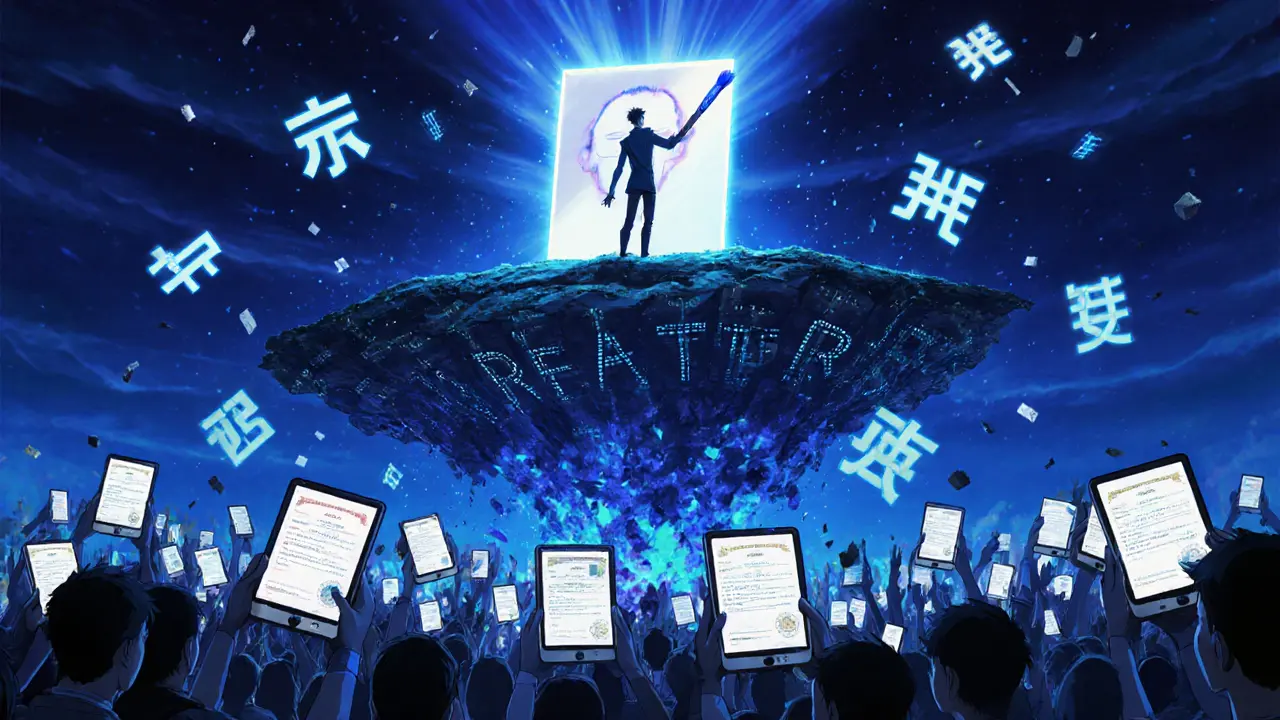
Financial Audits That Can’t Be Fudged
Enron. Wirecard. Lehman Brothers. All had fake books. All got caught-too late. Blockchain turns auditing upside down. Instead of waiting for an annual review, every transaction is live on the chain. Every dollar moved. Every invoice paid. Every expense logged. No spreadsheets. No hidden accounts. No “oops, I deleted it.” PwC and Deloitte are already using blockchain for real-time audits. Imagine a company’s finances being publicly verifiable-without giving away secrets. Investors see the truth. Regulators get proof. And fraud? It doesn’t stand a chance. This isn’t about being transparent for show. It’s about survival. Companies that can prove their numbers are clean get better loans, lower insurance, and more trust.Medical Trials That Don’t Cheat
Clinical trials are broken. Data gets lost. Results get tweaked. Patients are misled. Blockchain fixes the core problem: data manipulation. When a patient’s vitals are recorded during a trial, that data goes straight to the chain. No middleman. No lab tech altering numbers. No pharma company deleting negative results. Trials using blockchain, like those run by the FDA’s pilot programs, show faster enrollment, fewer errors, and higher credibility. Researchers can’t cherry-pick data. The chain shows everything-every spike, every dip, every missed dose. This matters because trust in medicine is fragile. If people believe trials are rigged, they won’t sign up. And without participants, no new drugs get made.Why This Isn’t Just Tech-It’s Trust Infrastructure
Blockchain immutability isn’t about crypto. It’s about rebuilding trust in systems that have broken down. We used to trust banks. Then we trusted tech giants. Now we’re learning: trust shouldn’t be given. It should be built into the system. Immutability means you don’t have to believe someone’s word. You can check the record. And if the record can’t be changed? Then the truth stands. This is why industries are moving fast. Healthcare, finance, logistics, government-they’re not doing this because it’s trendy. They’re doing it because they can’t afford to keep failing. The future isn’t about more data. It’s about data you can rely on.Can blockchain data ever be changed?
Technically, yes-but only if you control over 51% of the network’s computing power and rewrite every block after the one you want to change. That’s called a 51% attack. It’s extremely expensive, practically impossible on major blockchains like Bitcoin or Ethereum, and instantly noticeable. For all practical purposes, blockchain data is immutable.
Is blockchain immutability the same as encryption?
No. Encryption hides data. Immutability prevents changes. You can encrypt data on a blockchain, but the real power comes from the fact that even if someone sees the data, they can’t alter it. Encryption protects privacy. Immutability protects integrity.
What happens if I enter wrong data on a blockchain?
You can’t delete it. But you can add a new entry that corrects it. For example, if you record the wrong price for a shipment, you add a new block saying: “Correction: Price was $120, not $210.” The original stays. The correction is linked. This creates a transparent history-not a clean slate, but a full audit trail.
Is blockchain immutability useful for small businesses?
Absolutely. A local bakery can use blockchain to prove its ingredients are organic. A freelance designer can timestamp their artwork to prevent theft. A small logistics firm can track deliveries without relying on a third-party software that might disappear. Immutability doesn’t require big budgets-it requires trust. And small businesses benefit most when they can prove their claims without middlemen.
Are there legal risks with blockchain immutability?
Yes. If you record personal data that needs to be deleted under GDPR, you can’t. That’s why many systems use off-chain storage with on-chain hashes. The actual data stays private and deletable; the blockchain only holds a verified fingerprint. Compliance requires smart design-not just tech.
How does blockchain compare to traditional databases for record-keeping?
Traditional databases are faster and cheaper, but they’re controlled by one entity. A company can delete, edit, or hide records. Blockchain is slower and uses more storage, but no single entity controls it. If you need proof that records haven’t been tampered with-like for audits, legal cases, or supply chains-blockchain wins. For everyday internal use? A regular database is fine.
What industries are slow to adopt blockchain immutability?
Education and public sector agencies. They often rely on legacy systems and fear change. But even here, pilot programs are growing. Universities in Canada and Australia now issue diplomas on blockchain. Why? Because fake degrees cost billions. A tamper-proof credential changes that.
Does blockchain immutability make systems more secure?
It doesn’t prevent hacking-it prevents lying after the fact. If someone breaks into a system and steals data, blockchain won’t stop that. But if they try to erase their tracks or alter records afterward, the blockchain will show the tampering. It’s not a firewall. It’s a truth detector.
Can blockchain replace notaries and lawyers?
Not entirely, but it reduces their role. A smart contract on blockchain can automatically transfer property rights when payment is made. No need for a notary to witness signatures. Lawyers still handle complex disputes, but the blockchain handles proof of ownership, timing, and intent-cutting down 80% of routine paperwork.
What’s the biggest mistake companies make when using blockchain immutability?
Thinking it’s a magic fix. Blockchain doesn’t solve bad processes. If you input garbage data, you get garbage immutability. The real value comes from combining blockchain with clean workflows, good training, and clear rules. It’s not about the tech-it’s about the trust it enables.

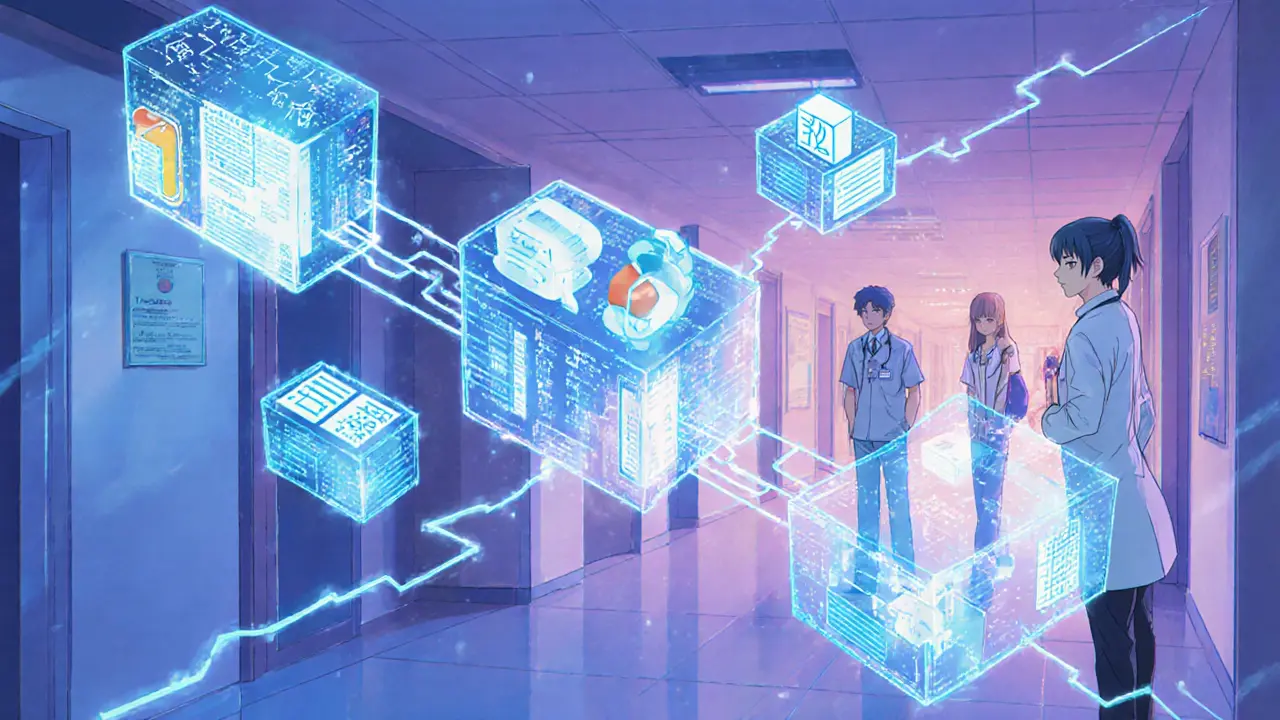
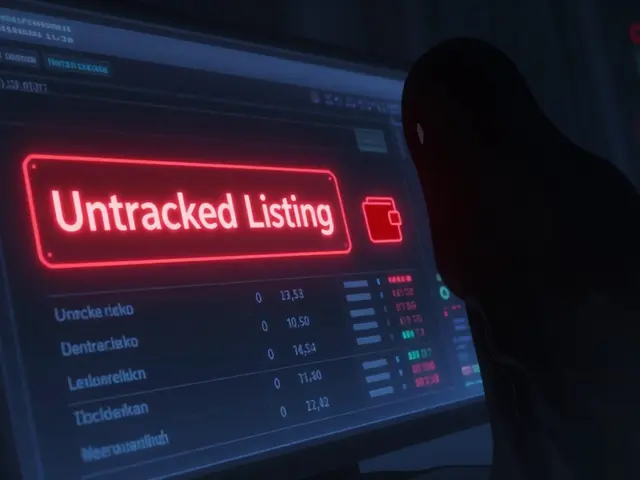
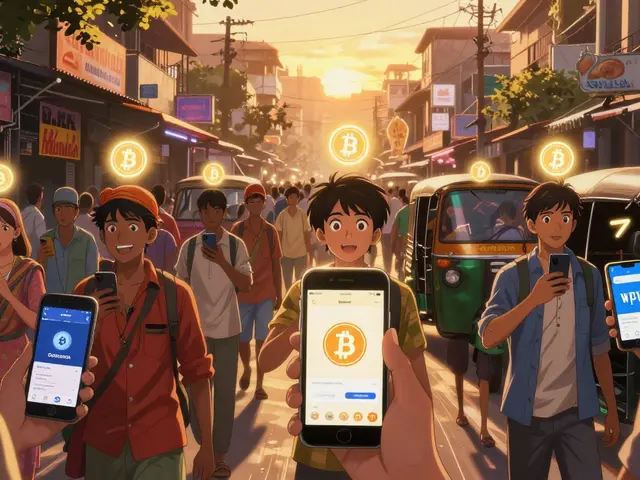
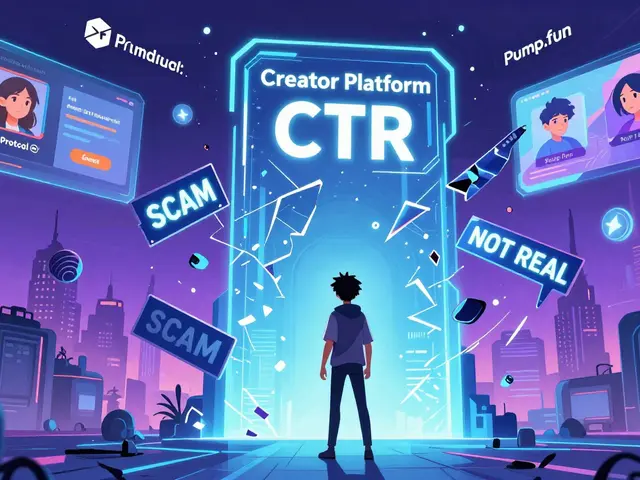
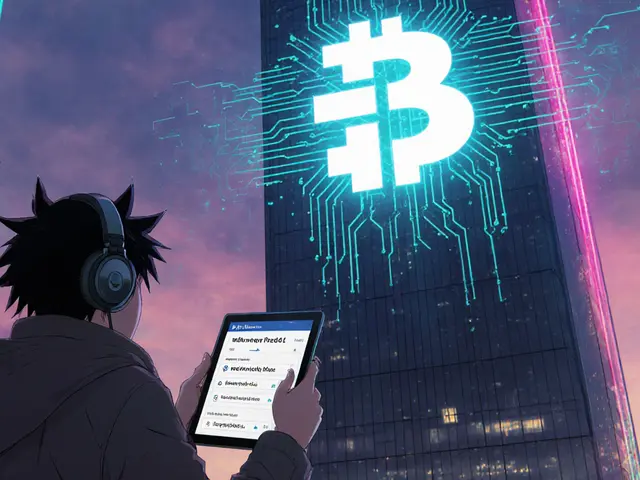

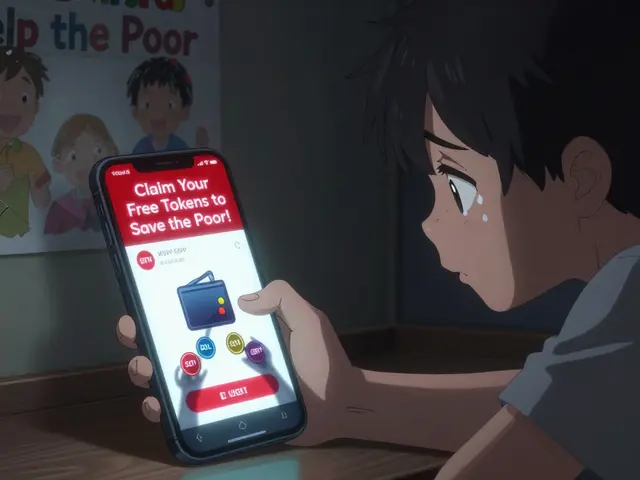

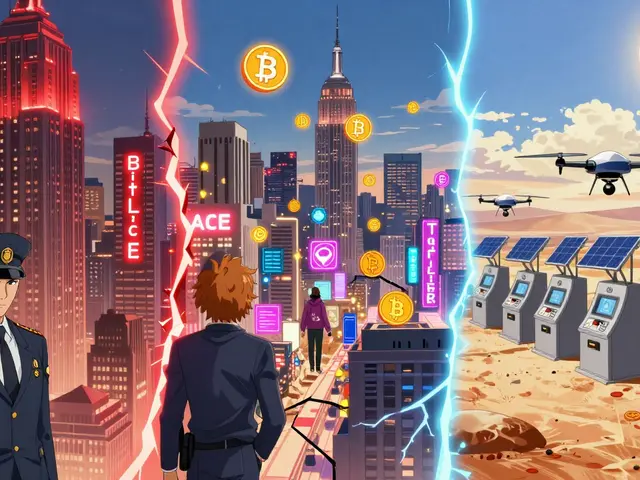
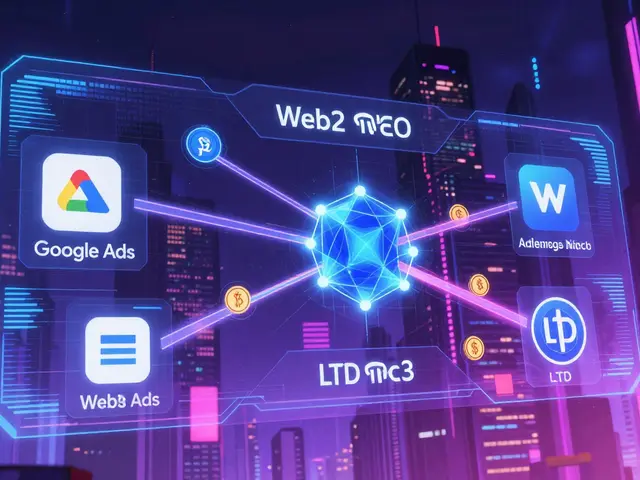
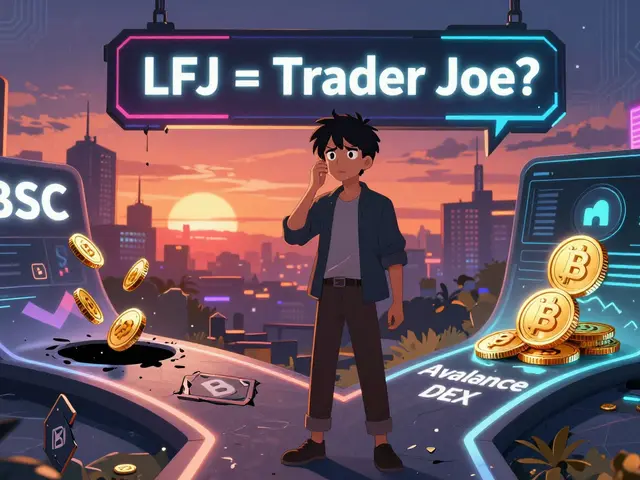
Cierra Ivery
November 6, 2025 AT 09:39 AMThis is all just hype. Blockchain can't fix human stupidity. If you input fake data, you still get fake results. And don't get me started on energy waste!!!
Veeramani maran
November 6, 2025 AT 22:22 PMBro, blockchain is not silver bullet!! In india we have so many small biz, they dont need blockchain to prove organic milk!! Simple QR code enough!! But yeah, for pharma supply chain, maybe!!
Kathy Ruff
November 8, 2025 AT 09:22 AMI've seen this work in practice. A clinic I worked with implemented blockchain for patient records. The reduction in duplicate tests alone saved thousands per month. It's not flashy, but it's real.
Kevin Mann
November 8, 2025 AT 11:05 AMOMG this is THE MOST IMPORTANT THING EVER!!! I mean, imagine if your medical records were tampered with... like, what if your doctor accidentally changed your blood type to AB-negative and you got a transfusion?? 😱 It's like a horror movie but real!! And now we can STOP IT!!! With blockchain!!! I'm crying!!
Nitesh Bandgar
November 9, 2025 AT 13:52 PMYou folks are all missing the forest for the trees! Blockchain immutability isn't about tech-it's about the cosmic alignment of truth in a universe drowning in lies! The very fabric of reality is being rewoven with cryptographic threads! And yet... the corporations? They're still pushing centralized databases like it's 1999! Pathetic!
Grace Huegel
November 10, 2025 AT 16:47 PMI suppose if you’re the kind of person who trusts machines more than people... which, frankly, is a little sad. But okay. I guess you need this. I’ll quietly go back to my paper files now.
Robin Hilton
November 12, 2025 AT 16:16 PMLet’s be real-this is just another American tech fantasy. Outside the US, most countries don’t need this. We have functional systems. This is overengineering with a side of virtue signaling.
Jessica Arnold
November 13, 2025 AT 02:12 AMThe deeper philosophical implication here is that immutability forces us to confront the nature of truth itself. If a record cannot be altered, then truth becomes an objective, non-negotiable construct-something our postmodern society has spent decades deconstructing. This isn't just a ledger. It's an epistemological revolution.
Stephanie Tolson
November 15, 2025 AT 00:07 AMTo everyone saying this is too complicated: you’re right-it’s not about the tech. It’s about giving people back control. A single mom in rural Ohio can now prove her child’s vaccination history without begging a hospital for records. That’s dignity. That’s power. And it’s beautiful.
Anthony Allen
November 16, 2025 AT 23:07 PMI’ve been using a blockchain-based system for my freelance contracts. The timestamping saved me when a client tried to deny agreeing to the scope. The blockchain showed the signed agreement from day one. No lawyer needed. Just pure, quiet justice.
Megan Peeples
November 18, 2025 AT 00:31 AMI’m sorry, but if you’re trusting a distributed ledger to manage your identity, you’re already one step away from joining a cult. Who’s auditing the auditors? Who owns the nodes? And why does this feel like a Silicon Valley pyramid scheme with more buzzwords?
Sarah Scheerlinck
November 19, 2025 AT 11:04 AMI work with refugees. Many don’t have birth certificates, passports, or IDs. Blockchain could help them rebuild their identity from scratch-without relying on governments that may have erased them. It’s not perfect, but it’s the first tool that doesn’t require permission to exist.
karan thakur
November 20, 2025 AT 17:01 PMThis is all a CIA plot. Blockchain is just a way to track your every move under the guise of 'security.' They'll use it to freeze your bank account if you protest. They already have the algorithms. Don't be fooled.
Rob Ashton
November 22, 2025 AT 04:02 AMThank you for this comprehensive overview. While I appreciate the enthusiasm surrounding blockchain's immutability, I would like to emphasize the importance of governance frameworks. Without clear protocols for dispute resolution, data correction, and ethical oversight, even the most robust chain can erode public trust. We must engineer not just the system, but the social contract around it.
Chloe Walsh
November 23, 2025 AT 04:51 AMI mean honestly like why are we even talking about this like its the second coming of Christ like its just a database with more steps and way more energy usage and what about the people who dont have internet like literally how is this helping anyone who isnt already rich and tech savvy